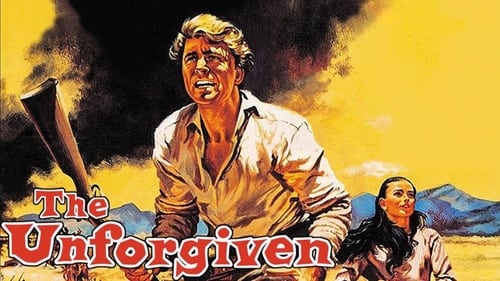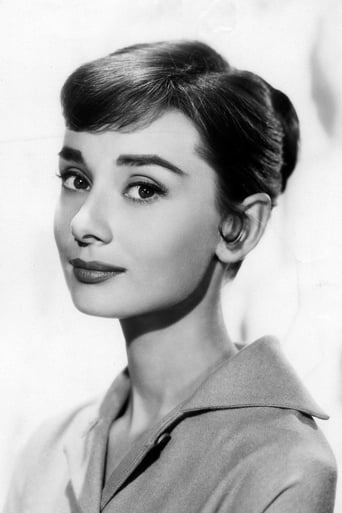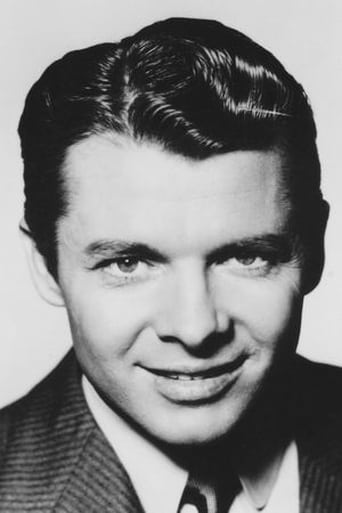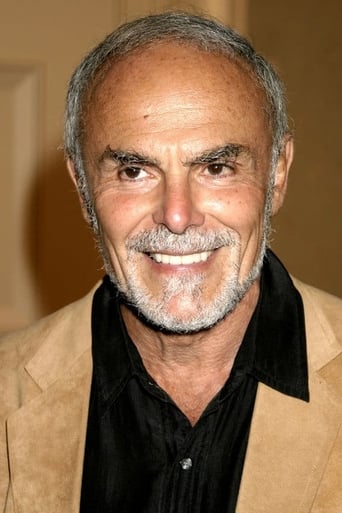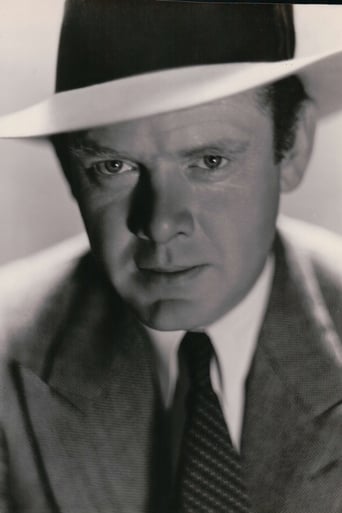Thomas Drufke
Audrey Hepburn always brings a great amount of charisma to each role she plays. But with The Unforgiven, not to be mistaken with the classic western 'Unforgiven', she's never given enough good material to work with. The film focuses on a few families on the frontier who struggle to agree on much, and hell breaks lose when one of their own is murdered. The Rawlins family suspects the Zachary family after hearing their step daughter may have been an Indian child taken at an early age. The premise sounds a bit ridiculous but ends up being pretty dull.Back in the day, certain films called for over-the-top acting but it's highlighted in this movie. Both of the mothers stand out as having way too many 'give me a break' moments. They exaggerate the significance of each others involvement with the Indians. Racism is clearly present throughout the film and I wish the resolution would have meant more. By the time the Natives and the frontier families end up fighting, I didn't get the sense that they really cared about getting their daughter back. I wished I had seen more character development from the Native American side of things.With that said, the bright spot of the movie lies with the man who didn't have much development at all, Abe Kelsey. The mysterious filled man had some of the great lines and also had one of the more memorable faces in any western I have seen in a long time. The action scenes are also actually well done for it's time. The film was made over 50 years ago, and it looks believable. Hepburn gets completely lost in the shuffle here though. She ends up being just the object each side is fighting for. I didn't feel anything for her when she would break down. Where as in a film like The Children's Hour, the best scenes were ones that involved Hepburn emotionally devastated. She is usually great at portraying realistic emotion. So all in all, with a more polished script and interesting characters this would have been a decent film.+Abe Kelsey +Action is believable -Hepburn lost in the shuffle -Script is jumpy, and the film loses focus -Mother characters were over-dramatic-Didn't care for the characters 5.5/10
James Hitchcock
"The Unforgiven" is based upon a novel by Alan Le May, who also wrote "The Searchers", and in one respect the two films can be seen as mirror- images of one another. "The Searchers" deals with a young white girl who is kidnapped by Comanche Indians and brought up as a member of their tribe. "The Unforgiven" deals with a Native American girl adopted by a white family. Both women have much stronger loyalties and emotional ties to their adoptive kin than they do to their blood relations. Rachel Zachary is a young woman living with her family in Texas. (The film was actually shot in Mexico). Her life is turned upside-down when a half-crazed old man, Abe Kelsey, arrives in the area, claiming that she is an Indian, much to Rachel's dismay; she knows that she is adopted but has always believed herself to be white. Abe is known to have quarrelled with Rachel's late father Will, and has a long-standing grudge against the family, so his allegations are dismissed by Rachel's three adoptive brothers, Ben, Cash and Andy, and their mother Matilda. These allegations, however, are believed by the local Kiowa Indians whose chief, Lost Bird, believes Rachel to be his long-lost sister and, increasingly, by other white people in the area whose bitter racism against Native Americans also extends to anyone they suspect of having Indian blood. Eventually, Matilda is forced to admit that Abe's story is the truth and that Rachel is indeed a Kiowa, saved and adopted by her late husband as a baby after her parents were killed in a massacre. Audrey Hepburn was an unusual choice to play Rachel; she was not an actress associated with Westerns (this was her only one) and she is not convincing as a Native American. The film-makers, however, clearly wanted an established star in the role, which would have ruled out casting any actress of American Indian blood, and as the plot involves a romantic attraction between Rachel and Ben casting a white actress might have eased any possible problems with the Production Code. (The Code still officially banned mixed-race on-screen romances, although this tended to be overlooked if the non-white character was played by a white actress). Audrey herself may have been attracted to the movie by her own experiences of racism (she lived through the Nazi occupation of Holland) and by a desire to expand her range as an actress. Although she is best remembered today for light-hearted romantic comedies she was always anxious not to be typecast and, throughout her career, tended to alternate between this sort of film and more serious fare, appearing in the likes of "War and Peace", "The Nun's Story" and "The Children's Hour". In the event, she did not enjoy making "The Unforgiven", especially after she was injured falling from a horse, which perhaps explains why she never made another Western. She recovered from her injuries, however, and returned to the screen the following year with "Breakfast at Tiffany's", perhaps her greatest performance.Burt Lancaster was another actor who struggled successfully against typecasting, in his case as the hero of films noirs or of swashbuckling action-adventure movies, and by 1960 was starting to appear in the sort of serious, thoughtful roles which were to become his trademark in the latter part of his career. He gives the best performance in this film as Ben Zachary, the eldest of the three brothers, and a man torn between his instinctive honesty and his desire not to believe the unwelcome truth about his adoptive sister which, if generally known, would make the family pariahs in the eyes of their racist neighbours. The director John Huston is said to have described this as his least satisfying film, something which has always surprised me as he made a number of films far worse than this one, such as the tedious "The Bible" or the lame Bond spoof "Casino Royale". (Not everything Huston made was a "Treasure of the Sierra Madre" or a "Red Badge of Courage"). Much of his dissatisfaction seems to have stemmed from a dispute between him and the production company. Huston wanted to make a serious statement about racism in the Old West (and, by extension, in modern America), whereas the studio wanted a more conventional action Western, which they felt would be both more commercial and less controversial. The resulting compromise seems to have pleased neither party. That does not mean, however, that it should not please the viewer. "The Unforgiven" is in many ways an exciting film, although not in the conventional action-adventure sense. Some of the action sequences, such as the Indian attack on the Zachary homestead, seem a bit too protracted. (And were the Indians such poor military tacticians as to waste so many lives attacking unimportant objectives? Lost Bird seems to have sacrificed around thirty of his best warriors in this assault). The excitement, rather, derives from the interaction of the various characters, the interaction between Abe, who is about to be hanged for horse-stealing, and Matilda, as she desperately tries to get him to admit that what he has said about her daughter is a lie, is almost unbearably tense. And despite Huston's reservations the film does have something significant to say about race relations; the position of people like Rachel, Indian by blood but white by culture, is something rarely explored in Westerns. This is an unusual Western, but a good one. 7/10



